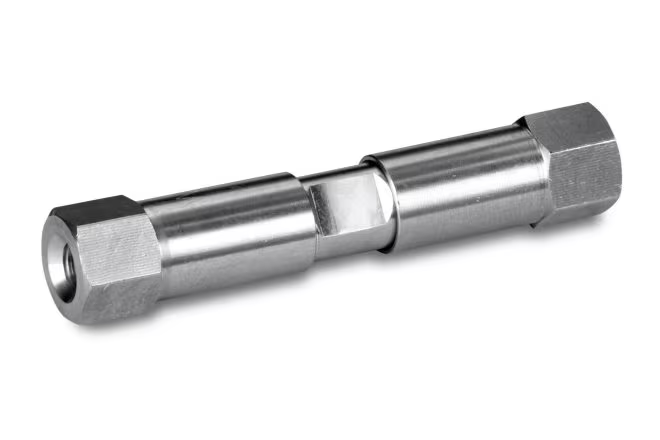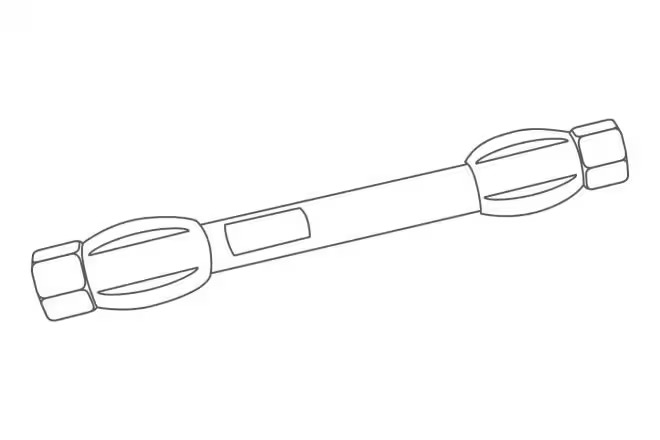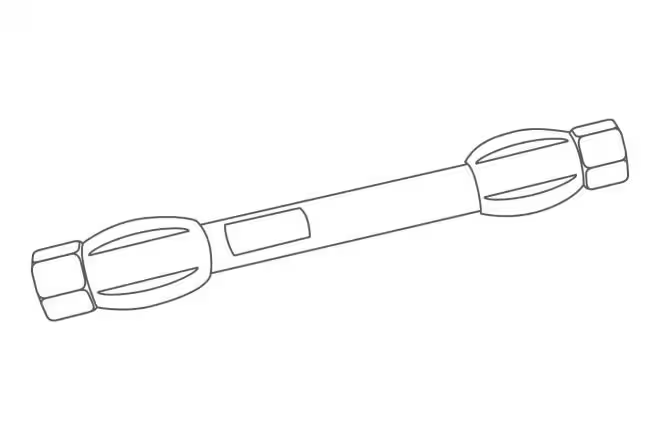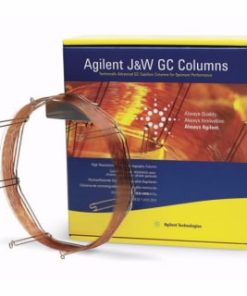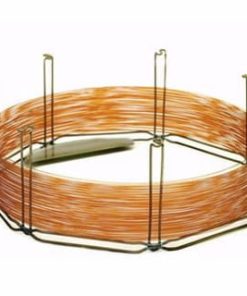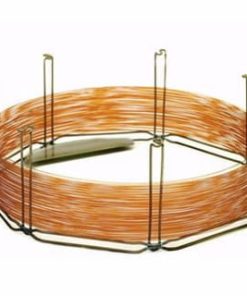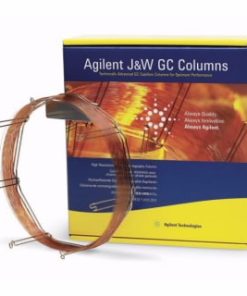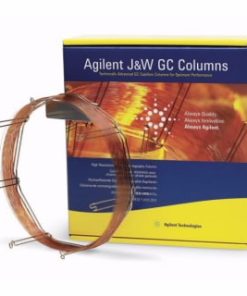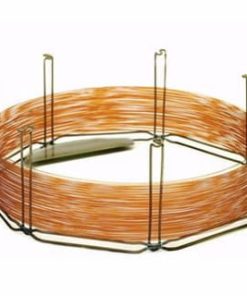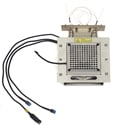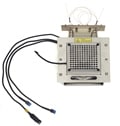BioSuite C18 Column, 500Å, 7 µm, 2 mm X 150 mm, 1K — 30K, 1/pk
Бренд: Waters
Primarily supports legacy methods. For many applications, Waters Symmetry, Symmetry300, and Atlantis, and XTerra chemistries can be successfully used for the isolation and analyses of these biocompounds. However for some applications, the large pore size and high chemical stability of Waters BioSuite pC18 and pPhenyl resin-based packings may be preferred. Waters BioSuite RPC column offerings include a C18 (pC18) and a phenyl (pPhenyl) chemistry bonded to a pH stable, methacrylic ester-based polymeric resin. The 500 angstrom pore size of the pC18 base matrix accommodates proteins up to 2,500,000 Daltons while the 1,000 angstrom pore size of the pPhenyl base matrix accommodates proteins up to 5,000,000 Daltons. The BioSuite pC18, 2.5 µm, NP column contains a nonporous chemistry that yields superior chromatographic resolution compared to chromatography performed on the porous, pC18, 500, 7 µm RPC selection. However, greater protein or peptide binding capacity is possible using the porous, pC18, 500, 7 µm RPC column. The pC18 and pPhenyl RPC chemistries are available in 21.5 x 150 mm columns for “lab scale” isolations while a 2.0 mm x 75 mm column is well suited for narrow-bore HPLC and /or LC-MS applications.
-
Chemistry
C18
-
Separation Mode
Reversed Phase
-
Particle Substrate
Polymethacrylate
-
pH Range Min
2 pH
-
pH Range Max
12 pH
-
Maximum Pressure
6000 psi (415 Bar)
-
Endcapped
Yes
-
Molecular Weight Range Min
1000
-
Molecular Weight Range Max
30000
-
Particle Shape
Spherical
-
Particle Size
7 µm
-
Endfitting Type
Parker-style
-
Pore Size
500 Å
-
Format
Column
-
System
HPLC
-
USP Classification
L1
-
Inner Diameter
2 mm
-
Length
150 mm
-
UNSPSC
41115709
-
Application
Peptide
-
Brand
BioSuite
-
Product Type
Columns
-
Units per Package
1 pk

